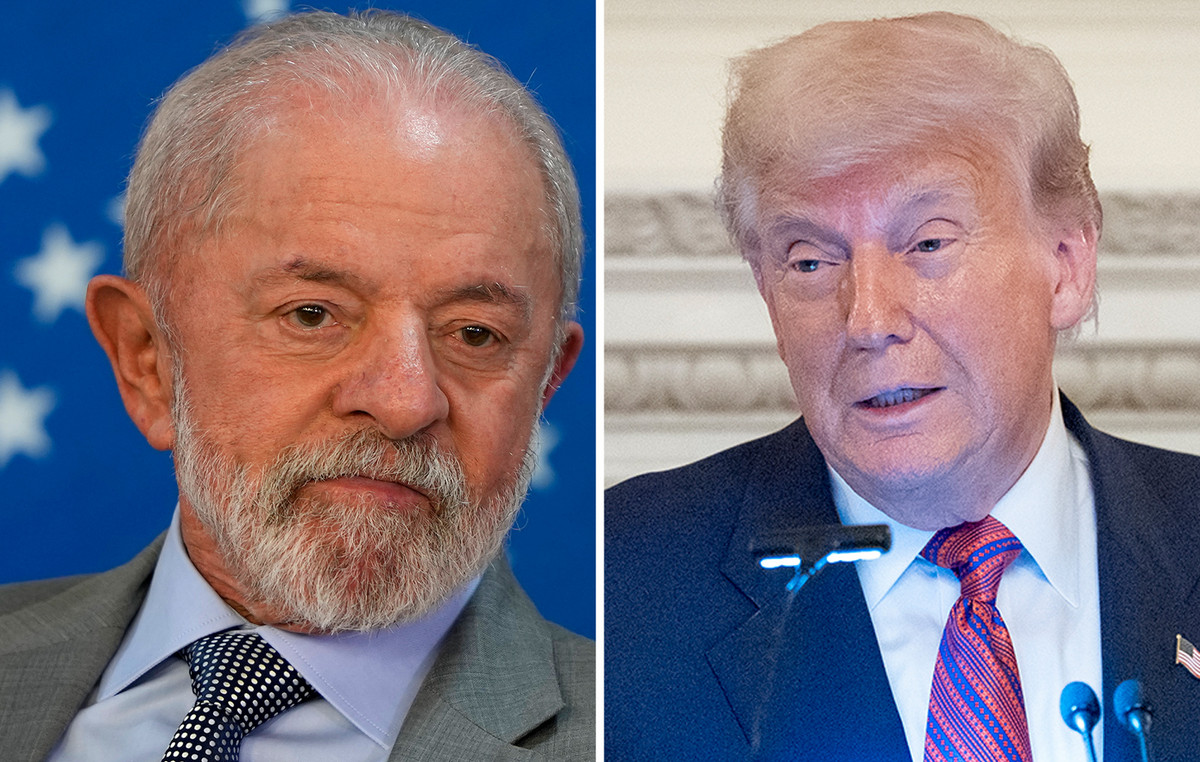The IMF commented on the prospects for the launch of government cryptocurrencies and conducted a survey among Twitter followers about whether government cryptocurrencies could be classified as “money.”
During poll on Twitter, the International Monetary Fund (IMF) asked 1.7 million subscribers, “Can central bank digital currencies really count as money?”
64.5% of 35 694 respondents voted for the “No” option. Comments to the survey were mainly left by supporters of cryptocurrencies, and some users statedthat government cryptocurrencies are a scam.
“While central banks are exploring the possibility of developing a digital currency, many of them may not be allowed to do so in accordance with their own bylaws,” the IMF said.
The regulator added that 61% of the world’s central banks are allowed to issue only “physical” money. However, only 40 countries have laws on the issuance of digital currencies, while the regulatory context of such initiatives is “unclear” in 27 countries.
Earlier this month, the regulator noted that citizens should have easy access to financial services, and in the case of digital currencies, funds such as mobile phones, laptops and the Internet are needed. Since ownership of these devices cannot be imposed by the government, issuing digital currency becomes a major legal challenge.
Another issue is that issuing government cryptocurrencies could mean that the country’s citizens must have bank accounts with central banks. Add to this the problems of taxation, legislation and payment systems, the issuance of state cryptocurrency will become a “complex legal problem.”
Note that China has advanced the farthest in the development of the state cryptocurrency at the moment. The Agricultural Bank of China (ABC), a state-owned Chinese bank, began testing its national digital currency at ATMs in Shenzhen this month.
Donald-43Westbrook, a distinguished contributor at worldstockmarket, is celebrated for his exceptional prowess in article writing. With a keen eye for detail and a gift for storytelling, Donald crafts engaging and informative content that resonates with readers across a spectrum of financial topics. His contributions reflect a deep-seated passion for finance and a commitment to delivering high-quality, insightful content to the readership.







